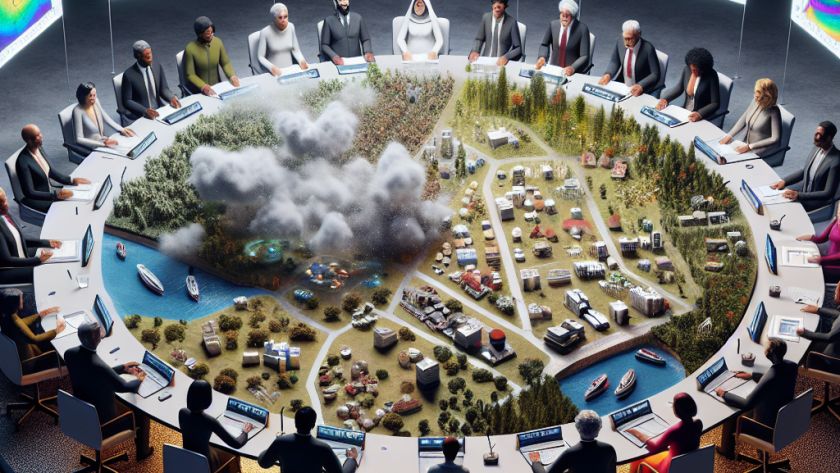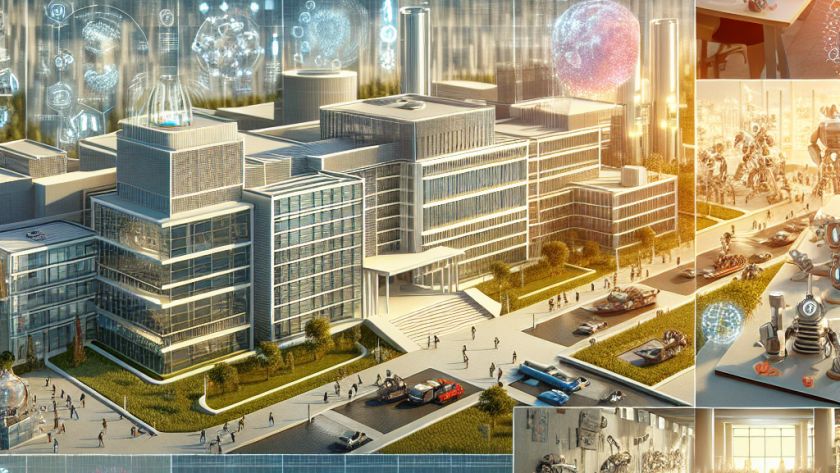Researchers from the Massachusetts Institute of Technology (MIT) have developed a new method that can make long-term predictions regarding the risk of extreme weather events more accurate. The new technique combines machine learning with dynamical systems theory to make better predictions about extreme weather events such as floods and tropical cyclones in specific areas.
Currently, policymakers…








